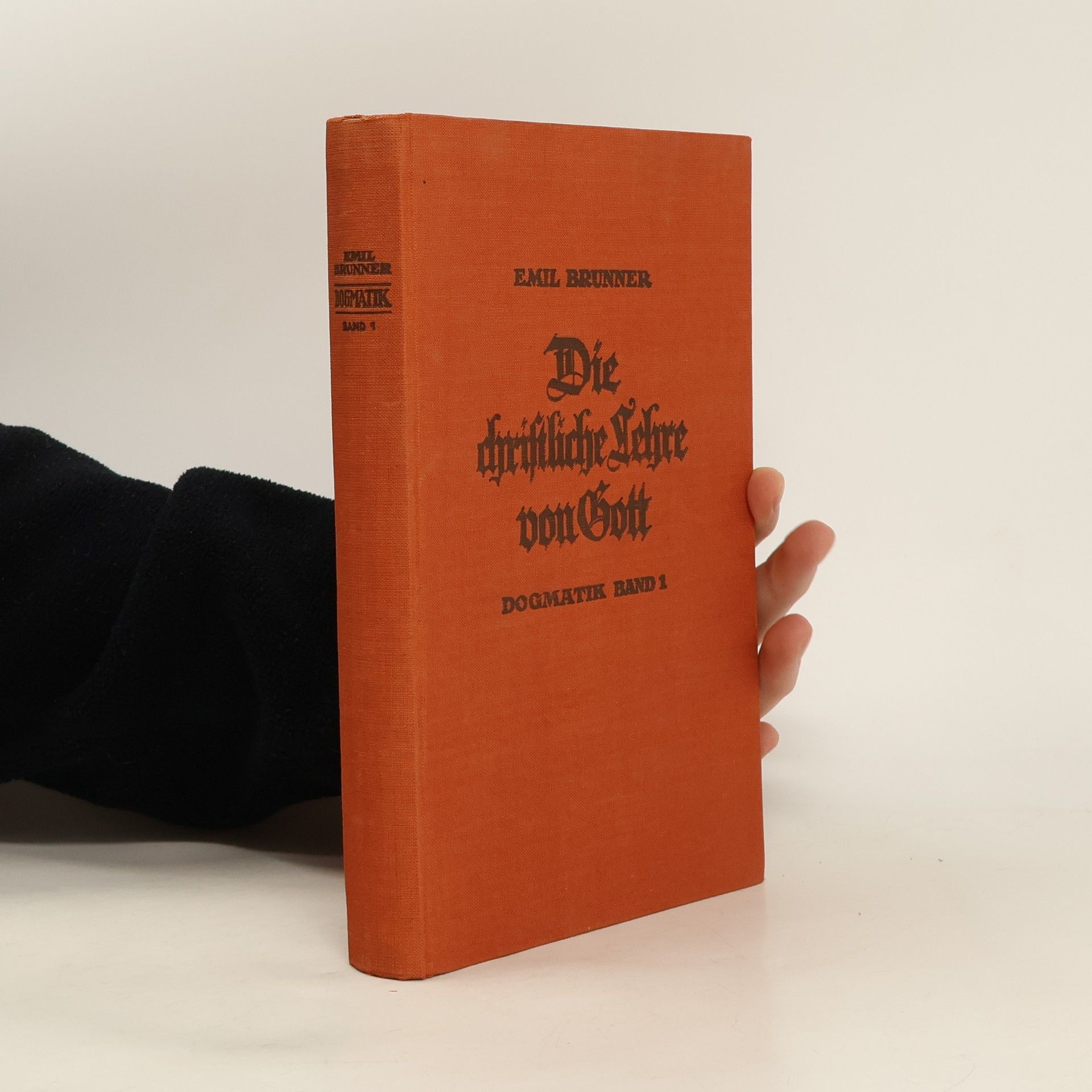The Christian Doctrine of Creation and Redemption
- 396pages
- 14 heures de lecture
Emil Brunner, a prominent theologian of the mid-twentieth century, served as a Professor of Systematic and Practical Theology at the University of Zurich. His influential works, including The Mediator, The Divine Imperative, and Man in Revolt, became essential readings in Protestant seminaries, shaping theological discussions and education during his time. Brunner's contributions significantly impacted the understanding of Christian doctrine in the English-speaking world.






